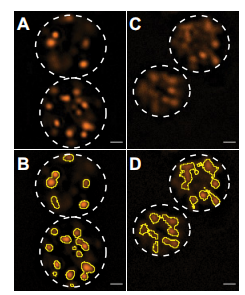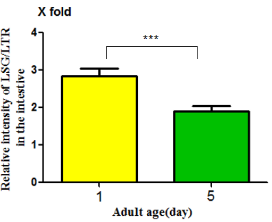Organelle Analysis Services
C. elegans is a powerful model organism known for its small number of chromosomes, easy to raise, short lifespan, clear genetic background, and simple genetic manipulation. Its organelles, such as mitochondria and lysosomes, provide valuable insights into fundamental biological processes like cell division, growth and development, and genetic inheritance.
lMitochondria: Essential for energy metabolism, signal transduction, and cell survival. Mitochondrial dysfunction is an important biomarker of aging and aging-related diseases.
lLysosomes: Crucial in maintaining cell health and homeostasis by coordinating basic processes such as autophagy, waste disposal, and nutrient recycling.
Studies in C. elegans often reveal biological mechanisms applicable to other organisms, including humans.
Our Services
Our services include but are not limited to:
ØMitochondria Analysis
Using Mito-tracker Red or JC-1 dye to stain the C. elegans, photograph the worms with a fluorescence microscope, and observe and measure their fluorescence intensity.

Fig.1 JC-1-stained spermatid mitochondria were detected in the red channel by an ImageJ pipeline. (Yen CA, et al., 2020)
ØLysosome Analysis
With LysoTracker probes to stain the C. elegans, photograph the nematodes with a fluorescence microscope, we observe and measure their fluorescence intensity.

Fig.2 Relative fluorescence intensity of lysosomes in the intestine of C. elegans
References
1. Yen CA, Ruter DL, Turner CD, et al. Loss of flavin adenine dinucleotide (FAD) impairs sperm function and male reproductive advantage in C. elegans. Elife. 2020 Feb 5;9:e52899. doi: 10.7554/eLife.52899.


